4 January, 2018
Sam Ashworth-Hayes
Share
Presents, the present
and pensions.
I am going to begin this article by making three predictions about your behaviour. The first is that you left wrapping your Christmas gifts later than you planned to. The second is that if you have a gym membership, you are paying too much for it. The third is that you are not putting enough money into your pension fund. Hold these predictions in your head – we’ll be coming back to them at the end of this post.
While pensions and presents might not seem to be that similar, the common thread is that both examples involve incurring some costs now – a tiresome session struggling to find the end of the roll of sellotape and wrap oddly-shaped parcels, or putting aside money that could be spent on dinner with friends – in exchange for a payoff in the future. And while we recognise that these are important things to do, we don’t really want to do them just now.
In and of itself, this isn’t too bad. The problem is that when we plan for the future, we tend to forget we behave this way. When I plan for the future, for instance, there are two Sams. Future Sam is a model of industry. He is working hard to meet his deadlines in work and study, putting aside his hobbies and side-reading. He spends very little on snacks, preferring instead to stick rigidly to his diet. He goes to the gym at 7am every morning, just like he said he would in his New Years Resolution. He does not look much like Present Sam, who is currently piling up tasks for future Sam to do.
This disconnect between our understanding of what our future selves will do as seen from the present, and what we actually do when we reach that time is what causes difficulties.
It’s not so much that we have a tendency to procrastinate; it’s that we procrastinate, and we are naive about how we’ll behave in the future. We build plans today that we expect our future selves to stick to, without considering how we’ll feel then.
A number of companies have cottoned on to this phenomenon. Some use their insight for good, and others… not so much. On the side of the angels is Nobel Laureate Richard Thaler, who realised that – with some clever planning – you could use a tendency to procrastinate to increase savings.
The core of Thaler’s “Save More Tomorrow” programme is that employees sign up to increases in their pension contributions a long way ahead of when those increases actually kick in. People who don’t necessarily want to chip in more now still recognise that saving more is a good idea, and are happy to offload this task to their future selves. Secondly, increases in contributions begin after employees receive a raise – avoiding a perceived loss of take-home pay. The scheme was a roaring success, with those enrolled eventually saving at a rate almost four times higher than their starting level.
Your local gym, however, is almost certainly amongst the ranks of firms using this insight for a slightly less noble purpose.
Gyms typically offer a number of potential plans, with relatively expensive day passes, and flat fees for monthly membership being particularly common. Naive procrastinators believe that they will, once they have paid for a membership, make frequent use of the facilities – making a monthly pass cheaper, even if they don’t particularly want to go to the gym today…. As you might predict, the gyms are winning in this particular battle of wits. Stefano DellaVigna and Ulrike Malmendier found that gym members choosing a monthly contract paid significantly more per visit than they would have by simply buying a ten-trip pass.
So let’s go back to my predictions. At the moment, you can only really judge my performance on the first two. But if I got them right, then there is a good chance that I was also right about the third – no matter what you might think at the moment. At The Behaviouralist, we use these academic insights into human behaviour to build practical solutions to real problems. If you think we can help your business, then get in touch with us here – and don’t leave it to your future self.

